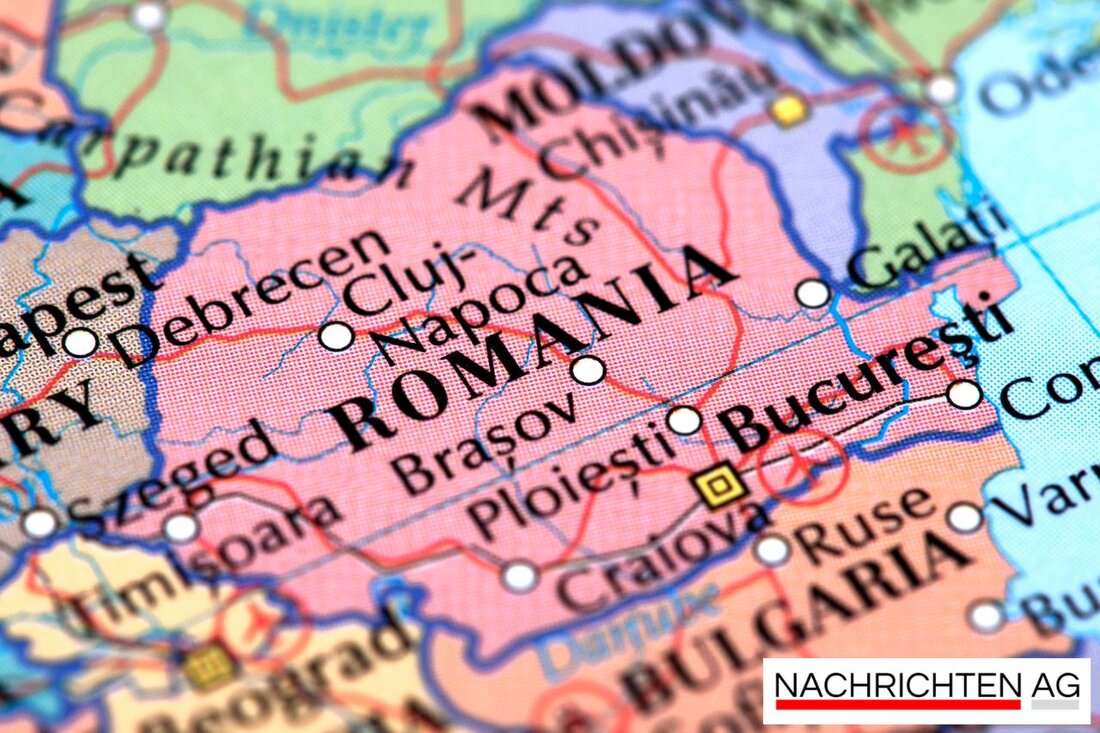Chess in the community building: This is how neighborhood and community are created!

Chess in the community building: This is how neighborhood and community are created!
Donaustadt, Österreich - An unusual silence prevails in a courtyard of a twelve -story Viennese community building, while the children follow the chess game. This scene shows that the “Neighborhood Chess Game” project [residential partner Vienna] (https://en.chessbase.com/post/how-a--neighbourhood-chess-game-ecan-can--unexpected-sense--of-community is underway to promote the community feeling in urban residential complexes. Road and neighborhood chess has moved a lot since its foundation in 2010. Christian Srienz, a committed living partner employee and FIDE champion, has launched this project to promote cross-generational and cultural communication.
With 150 employees, residential partners Vienna supports around 220,000 residential units that house almost half a million people. The aim of the project is to build peaceful communication through chess dialogues and to solve conflicts in a playful way. Both children and adolescents as well as seniors and people with a migration background are very popular with regular events, tournaments and workshops.
community by chess
On Thursday afternoon, two boys play chess, while an elderly gentleman and a young Muslim woman also indulge in the royal game in the background. In the case of rain wind, the fun is simply moved inside. These activities not only promote concentration and discipline, but also fairness and respect among the participants. "Chess is like a school of life", Srienz describes the positive effects on children who learn to think and deal with each other in a structured manner.
Special highlights are the shaft tournaments and events where well -known chess players are invited. These opportunities help to reduce prejudices and strengthen the sense of community. Whether young or old, everyone is encouraged to try the chessboard and exchange experiences - chess becomes a "common language" that overcomes language barriers.
positive effects in other regions
Similar trends can also be observed in other regions. An example of this is the Romanian association Stea, which has been working on the integration of endangered children, especially from the Roma community for 20 years. The chess lesson, which was integrated into the activities in 2019, has proven to be resounding. Teachers reported initial doubts who quickly turned into positive experiences. 35 children joined the program and some of them already took part in international competitions where they won prices. Euronews emphasizes that chess has not only improved the concentration and reflection of the children, but also leads to a better social interaction.
These projects show that chess is much more than just a game - it is a bridge between cultures and generations. The success of the project in Vienna, coupled with the inspiring stories from Romania, testifies to the strength that chess has as a common tool for integration and understanding.
The high number of participants and the constant interest from home and abroad reaffirm the positive trend: Chess is recognized as a sign of hope and social cohesion. In a world that is often shaped by conflicts, chess could actually be a key to a more harmonious cooperation.
| Details | |
|---|---|
| Ort | Donaustadt, Österreich |
| Quellen | |
